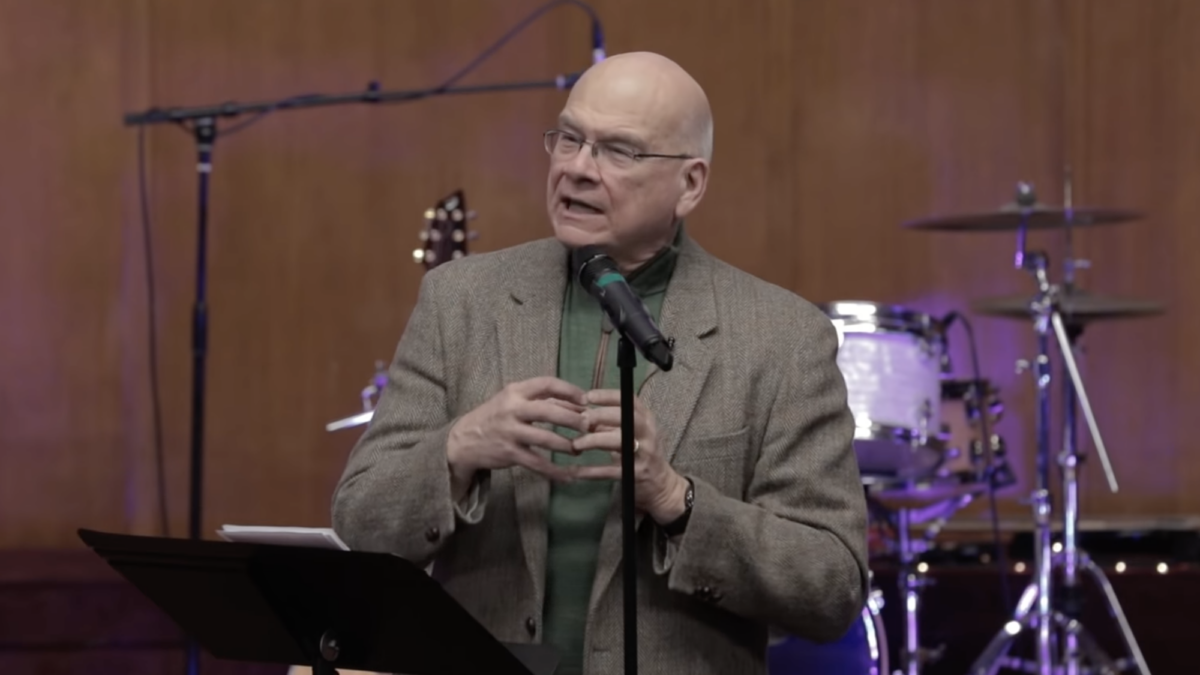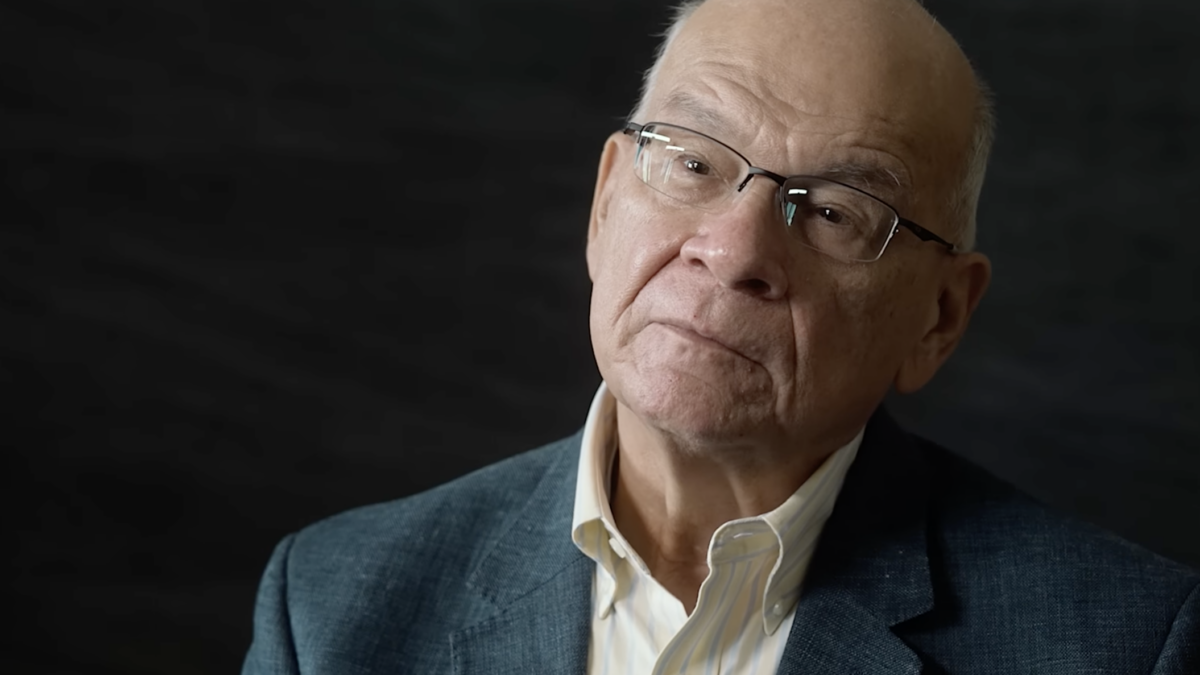
Colorado is the latest state to legalize assisted suicide after voters approved a ballot initiative Tuesday. Such liberalization of euthanasia and assisted suicide is leading us down a dark path, as other jurisdictions that legalized suicide have expanded the list of eligible persons to those suffering mental illness.
A sexual abuse survivor in her 20s suffering from “incurable” severe anorexia and PTSD euthanized in the Netherlands, which has experienced a 75 percent rise in euthanasia in the past five years. Autism is being treated, ultimately, by lethal injection. Individuals seek and receive assisted death because they are “tired of living” or no longer beautiful.
According to people like Australian “humanist” Philip Nitschke, choosing when to end one’s life is “a fundamental human right” for every adult of sound mind. Nitschke, at least, includes the sound mind caveat—but he’s also praised American “Dr. Death” Jack Kevorkian as an example of “true heroism.” Critics accuse the late Kevorkian, incidentally, of following euthanasia practices that at times preyed on the mentally ill.
Euthanasia Is Not a Remedy For Mental Illness
Canada passed a law this summer allowing assisted suicide, which is also legal in Oregon, Vermont, Washington, California, Montana and New Mexico—but these laws have restrictions against the mentally ill requesting death, to an extent. In Oregon, for example, a mentally ill person may request euthanasia but only if they have a concurrent terminal physical medical condition.
Canada’s parliament was considering allowing psychological reasons to be considered in its euthanasia law, as desired by some vehement politicians, but the final bill ultimately passed stopped short of allowing such. When the prospect arose prior to final resolution, those potentially affected by it—such as Lucy Waters, mother of a mentally ill man—were horrified.
“It’s scary, really scary,” Waters said. “It is just so wrong to even consider it with mental illness.”
Euthanasia and assisted suicide in cases of terminal illness and physical disease are controversial and heated subjects for religious and personal reasons to many people who are both for and against. However incidences now occurring of people seeking a state-sanctioned, physician-assisted end to their life due to mental illness are unprecedented. Removing mental health stigma is a big step forward; removing the stigma along with removing the person himself or herself is a step into the Twilight Zone.
The History Is Complex, and Sometimes Inhumane
It is fascinating to follow the history of psychology from the purely faith-based to today, where it has settled to the other extreme, viewed in terms of biological, chemical, and genetic processes. In the Middle Ages, mental illness was sometimes seen as demonic possession. Sufferers were treated by religious instruction, confession, prayer, and techniques such as blood-letting.
By the early Renaissance some mentally ill people were sometimes even tortured and killed in the belief they were sorcerers. “Evidence” that mental illness was divine punishment was justified by citing sources such as 1 Samuel, in which King Saul is said to go insane after failing in his responsibilities and devotion to God. Greek mythology also posited mental illness as a punishment inflicted by spited gods.
In contrast, forerunners in the medical field in Greece, Rome, and the early Islamic world, such as Hippocrates, Galen, and Ibn Sina, believed many mental illnesses to be caused by organic imbalances and afflictions in the body, or “humors” (the derivation of modern figures of speech like “good humor”).
Roman philosophers Asclepiades and Cicero were some of the first to posit that psychological problems were the result of unresolved rage, grief and fear, rather than primarily the manifestation of physical or spiritual problems.
Don’t Push Suicide on Struggling People
Suffice to say that professional opinion on what is or is not mental illness and how to treat it has been far from linear, consistent, or humane. However, to end up at a place in history where medical professionals would authorize euthanasia for someone they deem mentally ill beyond all hope (as a move of compassion) is utterly remarkable and disturbing. Not to mention that, if you believe diagnostic statistics are accurate (it’s fair to argue that over-diagnosis of mental illness is a legitimate concern), there are a lot of people suffering with some degree of mental illness—approximately one-in-four people in the United States, according to the National Institute of Mental Health. Those suffering deserve encouragement and treatment, not the idea that checking out is a solution.
Those struggling to find hope shouldn’t consider assisted suicide as an option, especially while the criminally insane—such as the schizophrenic man Vince Li, who beheaded a fellow bus passenger he believed was an alien in Manitoba, Canada in 2008—are now free to roam in public with unsupervised day passes. The small minority of mentally ill people who have proven themselves to be a mortal danger to others, such as Li, aren’t being euthanized (at least not in Western countries). Instead, it’s poor suffering souls like the young woman in the Netherlands, suffering from severe anorexia and the aftereffects of abuse, who voluntarily avail themselves of it.
Conditions like depression, panic disorder, anxiety, bipolar affective disorder, autism, dementia, and schizophrenia do involve enormous suffering. Sometimes, they have no thorough or long-lasting cure. They often include feelings of hopelessness, confusion, and extreme agitation about life. Defining what constitutes “unbearable suffering,” a threshold being used in countries allowing mental illness euthanasia, seems subjective and problematic. Bio-ethicists have weighed in with similar concerns.
The Path Forward Must Support Life, Not Death
As Wesley Smith observes, “helping the mentally ill commit suicide was unthinkable not long ago. Today, it is a growing practice.”
Just ask Belgium. This is dark stuff. Instead of being prosecuted, doctors like the one mentioned in these two Belgian cases received a “Liberal Humanist Prize.” Suicide is already one of the leading causes of death in the world, particularly among youth, and it’s rising in the United States. A trend to self-destruction should be healed and prevented as much as possible by medical professionals—not enabled by them as a potential viable option.
There are already more than enough problems around the intersection of mental illness and policing.
Life’s tragedies and disappointments can make even the most mentally balanced sometimes feel like they want to no longer exist, not to mention those suffering from acute mental illness: making it legal and societally-commended for such death wishes to be fulfilled by doctors is a nightmarish road to go down.
As Dante opens his unparalleled Divine Comedy: “Midway upon the journey of our life I found myself within a forest dark, for the straightforward pathway had been lost.”
Good thing he wasn’t lost at a humanist convention in the Netherlands or Belgium.









